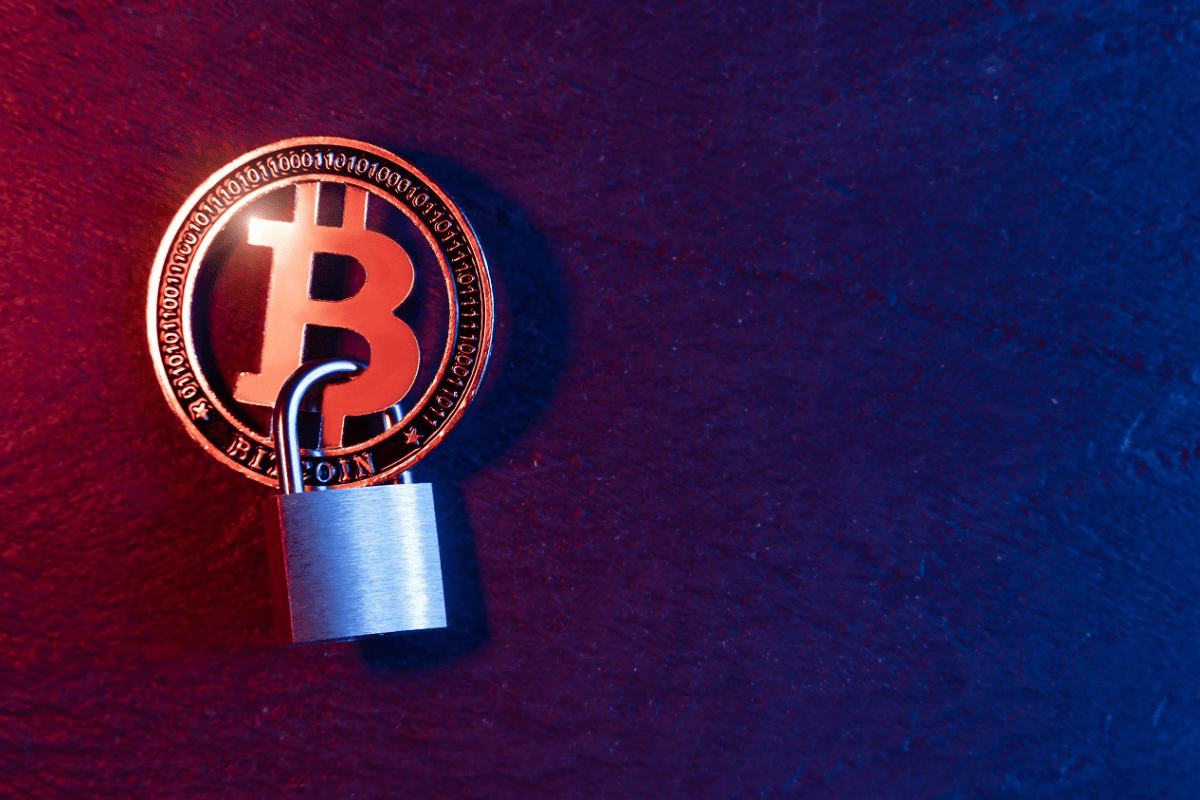Experts Suggest Ways Of Safeguarding Digital Assets
- April 22, 2021
- Jennifer Moore

As if market fluctuations, lack of regulations, taxation policies, network speed, and a host of others weren’t enough risks of trading in crypto, there are other risks pertaining to simply holding on to those dear-bought digital assets. How can go about safeguarding digital assets?
Popularity entailing the consistent outward swing of digital currencies ensures one thing: target of hackers. This is evident from the statistics of the number of cryptocurrency accounts and exchanges that were under attack. As simply put by Jack Mannino, CEO of nVisium, a Falls Church, Virginia-based application security provider, “The economics of hacking suggests that attackers will continue to gravitate towards digital currencies as they increase in value and become more prevalent in our daily lives.”
Also Read: Crypto Asset Custody: A Failsafe Solution For Financial Investors
Risks of Storing Digital Assets
As if market fluctuations, lack of regulations, taxation policies, network speed, and a host of others weren’t enough risks of trading in crypto, there are others pertaining to simply holding on to those dear-bought digital assets.
Loss or Destruction of Private Key: Cryptocurrencies are stored in digital wallets and may be solely controlled by the owner in possession of a public and a private key. While a public key is meant to be shared with an entity in order to receive payment, the private key, a long a highly complex string of characters, must be safeguarded. The loss or destruction of a private key implies that the owner loses access to his digital wallet containing his cryptocurrency and essentially loses his digital assets.
Wallets or Exchange Hacks: Online trading platforms or crypto exchanges are prone to malicious attacks resulting in loss of crypto coins, in most cases irretrievably. Digital trading platforms or exchanges are needed for the purpose of conversion into fiat or some other currency.
Ways of Safeguarding Digital Assets
Digital assets are censorship-resistant, thus, allowing full control of their assets to the owners. On the flip side, this implies the owners are solely responsible for their safekeeping. Private key owners burdened with the responsibility of keeping their digital assets safe need to be increasingly alert and aware of the deceptive traps they’re likely to fall into.
Hybrid Approach to Digital Wallet Security
Online wallets may have grown in popularity, but experts advise a hybrid approach with heavier reliance on the offline alternative. You may use an online wallet if you must but only for a small amount; store the greater portion of your assets in the offline wallet. The offline variety may be scribbled or printed and locked away in a fire-resistant, tamper-proof safe.
Two-Factor Authentication
Tried and tested methods of safeguarding digital assets are by way of limiting your exposure. Therefore, by employing unique and strong passwords with two-factor authentication and password rotation enabled wherever possible.
Awareness of Phishing Emails
Many people use mobile apps to manage their cryptocurrency wallets. As the wallets and apps are both online, they are both prone to malicious attacks. Therefore, as digital currencies rise in value, they are more at risk from hackers. The attackers ensnare unsuspecting crypto owners with phishing campaigns in an attempt to steal the login credentials. Moreover, the social engineering attacks may come from anywhere in the form of text messages, social media messages, third-party messaging, or email.
It is important to remember not to open suspicious emails and to never share credentials pertaining to the storage of your crypto.
Maintaining Secrecy With the Private Key
The way to safeguarding digital assets comes with practicing utmost secrecy while storing your private key. Cold storage essentially implies printing out your private key and removing every digital trace of it. A semi-failsafe method, as recommended by experts, for recovering your private key is to use a seed or a chain of randomly generated words that only the user may leverage. The seed phrase may only be in print and stored somewhere safe.
Also Read: Bitcoin Turning Out To Be Less Risky As An Investment
Between Hot and Cold Wallets
While cold wallets are a safer option for storing passwords they are inconvenient. It requires considerable time to store the cryptos. Consistently transferring funds between exchange and cold wallets may recur withdrawal fees.
Hot wallets on the other hand offer easier access but are at a risk with their online exposure.
So it Boils Down To…
When it comes to storing something as valuable as the highly-priced cryptocurrency, the more cumbersome alternative is usually the safer. The quick access digital variants are the ones at potential risk. Apart from this awareness, alert and secrecy are the keys to safeguarding digital assets.
Categories
- AI (6)
- Altcoins (10)
- Banking (10)
- Bitcoin (133)
- Bitcoin ETF (11)
- Bitcoin Price (30)
- Blockchain (47)
- Brokering World Hunger Away (16)
- Business (7)
- CBDC (11)
- COVID-19 (3)
- Crypto ATMs (1)
- Crypto Banking (15)
- Crypto Bill (1)
- Crypto broker platform (26)
- Crypto Investment (3)
- Crypto Markets (3)
- Crypto Payment (27)
- Crypto Prices (1)
- Crypto Trading (89)
- Cryptocurrency (371)
- Cryptocurrency Exchange (103)
- Data Visualization (2)
- Decentralized Finance (7)
- DeFi Payment (9)
- DEX (3)
- Digital Currency (22)
- Ethereum (2)
- FAQ (6)
- Finance (24)
- Financial Equality (4)
- Financial Freedom (8)
- Forex (24)
- ICO (1)
- Investment (11)
- Mining (3)
- News (66)
- NFTs (2)
- P2P (1)
- PayBitoPro (626)
- PayBitoPro Coin Listing (6)
- PayBitoPro Exchange (2)
- Post COVID Digital Transformation (1)
- Press Release (130)
- Privacy & Security (3)
- Real Estate (1)
- Stablecoin (4)
- Technology (14)
- Uncategorized (3)
- US Presidential Election (2)
- Utility Coin (1)
- Web3 Wallets (1)
- White Label Crypto Broker Solution (1)
- White Label Crypto Exchange (6)





